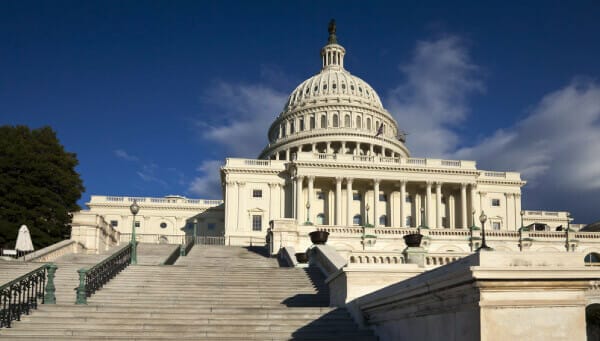
NaLA Congratulates FCC Chairwoman Jessica Rosenworcel on Becoming the First Permanent Female Chair of the Agency
The National Lifeline Association (NaLA) congratulates FCC Chairwoman Jessica Rosenworcel on her confirmation by the U.S. Senate to become the first woman to serve as permanent chair of the FCC. On this historic day, David Dorwart, Chairman of NaLA proclaimed that “NaLA looks forward to working with Chairwoman Rosenworcel, her fellow commissioners, and the talented FCC staff on making sure that Lifeline and the Affordable Connectivity Program meet the challenges of providing affordable broadband options for all Americans.”
As NaLA explains in its comments publicly filed today, the first priority for the new FCC Chairwoman should be the successful transition from the Emergency Broadband Benefit Program (EBBP) to the Affordable Connectivity Program (ACP) on December 31, 2021. With Congress having removed the barrier to competition and consumer choice contained in the original legislation, eligible consumers will be able to apply the benefit to any plan, including those specifically designed to maximize the use of available benefits and broadband connectivity. The FCC should refrain from imposing conditions or approvals processes on plan offerings. Congress already has decided all plans must be available with ACP discounts. Further, existing subscribers receiving EBBP benefits must transition automatically into the ACP with notice and the right to switch plans, opt-out, or transfer their benefit to another provider. Imposing an opt-in requirement would likely result in more than half of EBB subscribers losing their supported broadband service after the 60-day transition period.
In its comments, NaLA also notes that Lifeline subscribers in the three National Lifeline Accountability Database (NLAD) opt-out states have faced an unfair and prejudicial delay in being able to opt-in to the EBB, which the Bureau proposes to continue into the ACP. Even though the statute permits any provider to use an alternative verification process (AVP) that guards against waste, fraud, and abuse, the Bureau has refused to approve any AVP that would allow Lifeline ETCs to rely on the NLAD opt-out state administrators’ Lifeline eligibility approvals. Additionally, the Universal Service Administrative Company (USAC) has declined to accept real-time API access to the California state administrator database of eligible LifeLine subscribers or daily transmission of the eligibility information directly from the opt-out state administrators. In the ACP Order, the Commission should require USAC to accept either real-time API access to state administrators or accept daily files from either an ETC or the state administrator. The Bureau should require nondiscriminatory approval of AVPs for Lifeline ETCs to remove this artificial and prejudicial impediment to ACP enrollment in California, Oregon, and Texas.


